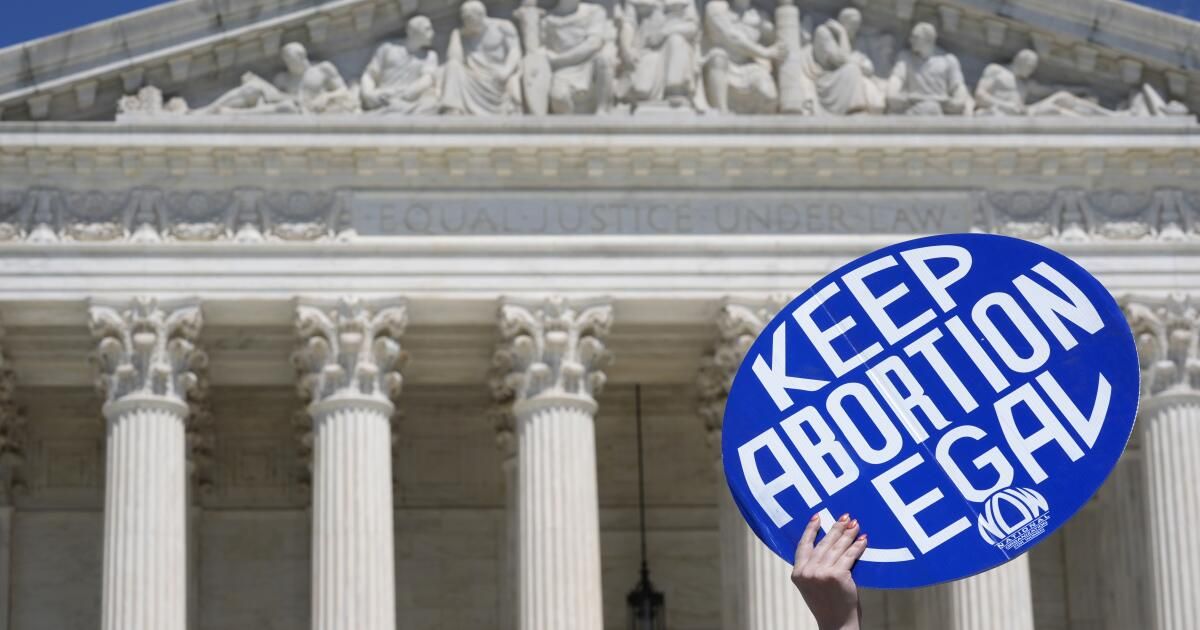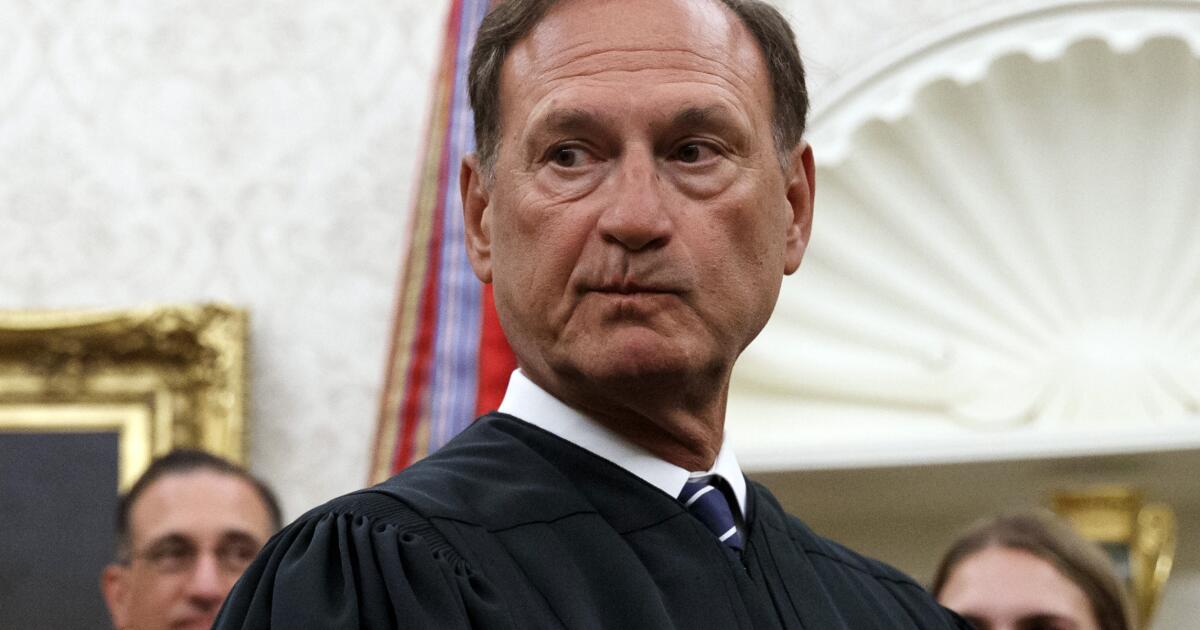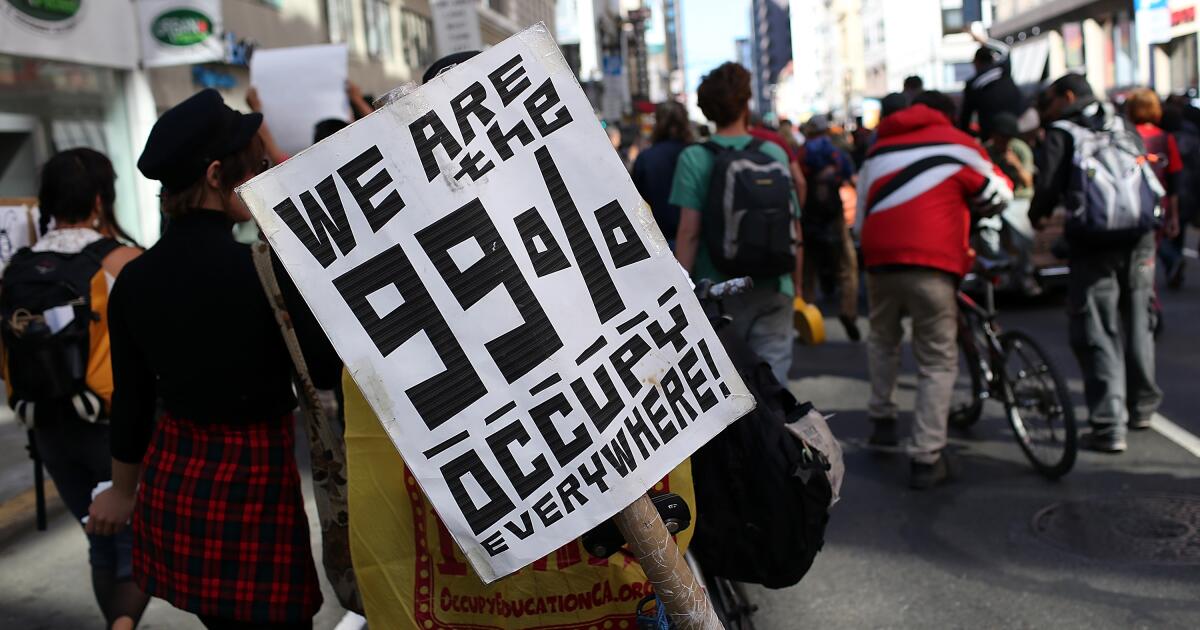“Our bodies are on the ballot!”
Alexis McGill Johnson, president and CEO of Planned Parenthood Action Fund, was right when she stated this during her speech at the Democratic National Convention on Wednesday.
There is no doubt that the right to control one’s own body should be on the minds of all voters in the November election. Kamala Harris has made aggressively defending reproductive rights a primary goal of her vice presidency, and Donald Trump’s three anti-abortion Supreme Court appointments helped overturn Roe v. Wade.
But abortion access has been making its way onto state ballots ever since the Supreme Court struck down the federal constitutional guarantee of that right in its 2022 ruling in Dobbs v. Jackson Women's Health Organization. And in every case, voters have supported ballot measures guaranteeing abortion rights and defeated those that would have constitutionally banned them, even in conservative-leaning states. Voters understand the danger of repressive state abortion bans that intimidate health care providers into not performing emergency abortions until women are seriously ill.
That's why it's impressive and encouraging to see that, with each passing election cycle, reproductive freedom guarantees are being established in every state. Lawmakers should never be able to dictate when and if a woman decides to have a baby.
This year, there are 10 states that have ballot measures promoting abortion rights, and some of them are desperately needed. Nearly half the nation is now a patchwork of abortion bans. There are 14 states that ban abortion with limited exceptions. Another eight states ban the procedure at some point between six weeks gestation (when women typically don’t even know they’re pregnant) and 18 weeks.
Measures up for a vote in November would restore abortion access in Missouri, South Dakota and Florida (where there are no or very few abortions) up to the point of viability, or around 24 weeks. In Arizona, where abortion is banned after 15 weeks, one measure would expand the right to the point of viability. In Nebraska, voters will choose between two competing constitutional amendment proposals. One would protect the right to abortion in the state up to viability (it is now allowed up to 12 weeks of gestation), and the other would ban abortion after the first trimester.
Measures in Colorado, New York, Maryland, Montana and Nevada — where abortion is permitted up to 24 weeks of viability or no limits are specified — would cement abortion rights in their state constitutions.
Previously, voters in California and Vermont, where abortion was already protected, added the right to their constitutions in 2022, as did those in Michigan. That year, voters in Kansas and Kentucky rejected anti-abortion measures. Ohio passed a measure in 2023 that includes abortion rights in its state constitution.
At both the state and national levels, support for abortion rights is becoming more forceful and unapologetic. And so it should be. A Pew Research Center survey indicates that a majority of adults (63%) in the United States believe abortion should be legal in all or most cases. That figure rises to 86% for Americans with no religious affiliation. Even 59% of Catholics think it should be legal.
It is also encouraging that reproductive rights figured so prominently at the Democratic National Convention. In front of millions of Americans, women told their stories of fighting to obtain an abortion when they desperately needed one. Oprah Winfrey reminded the audience that if you don’t have control over how and when you have children, “there is no American dream.”
Harris spoke of the stories women hear about miscarriages in parking lots, about developing sepsis, and about losing the ability to have children again, because restrictions on when emergency abortions are allowed make doctors “afraid of going to jail for caring for their patients.” She noted that “America cannot be truly prosperous unless Americans are fully capable of making their own decisions about their own lives.” We agree.
Reproductive freedom means having the power to make decisions, and that is something we must work hard to achieve and protect at all levels of government.












